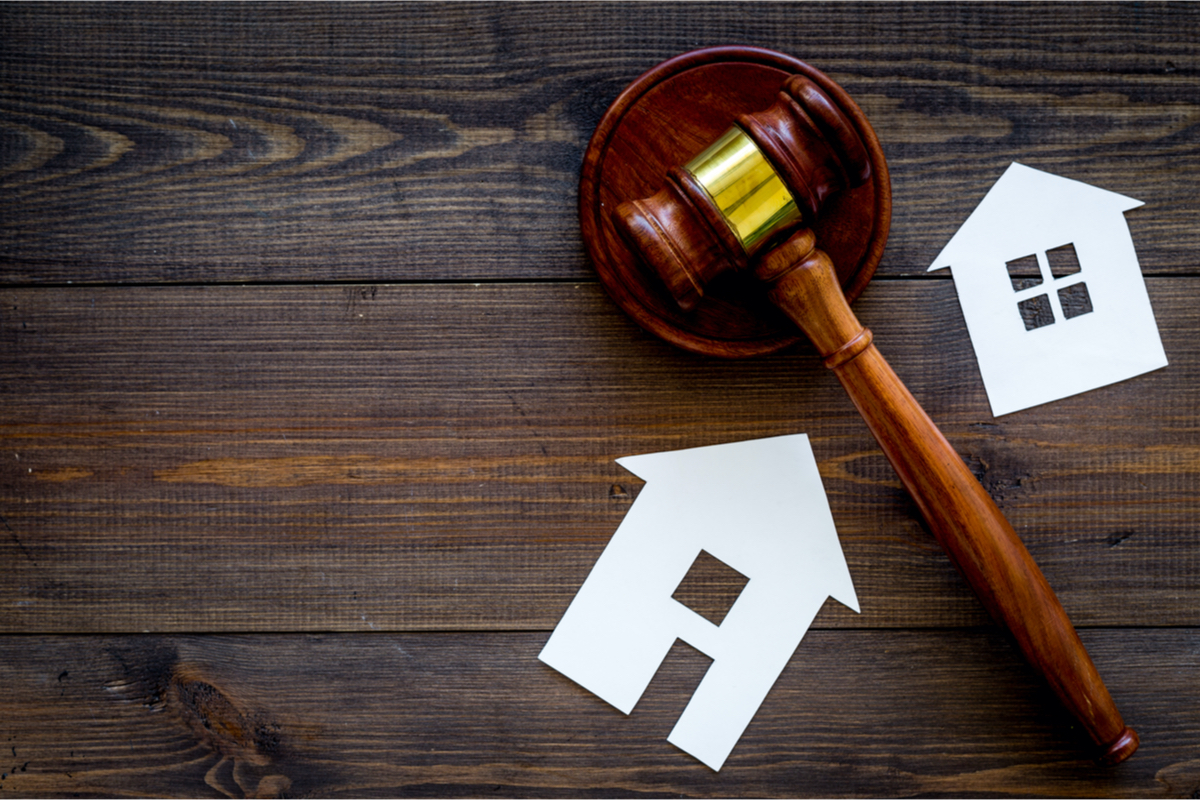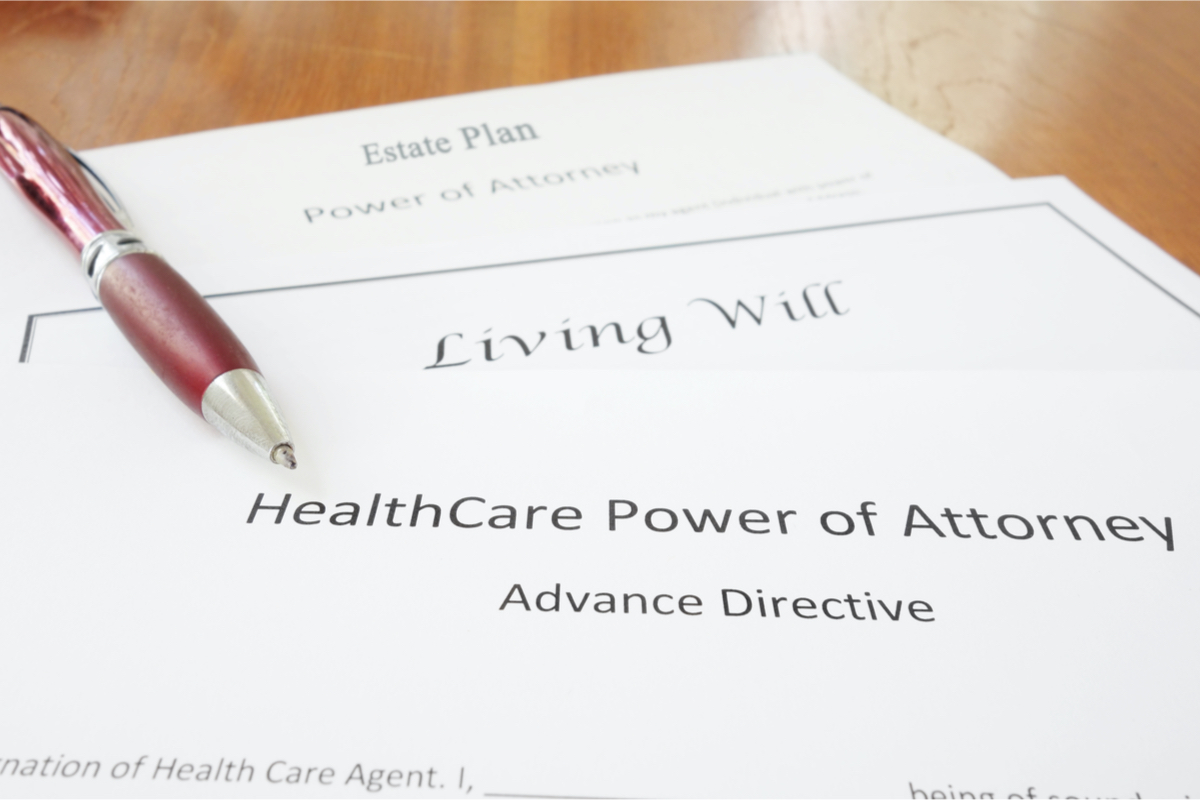Estate planning is a critical step for anyone. It becomes even more essential when one spouse is a non-citizen. Louisiana’s unique community property laws and federal estate tax implications further complicate the process for such families. By understanding these challenges and exploring effective strategies, you can safeguard your family’s future—while minimizing legal and tax hurdles.
At Stephenson Chavarri & Dawson, we recognize that estate planning is not a one-size-fits-all process, especially for mixed-status families. This guide covers critical considerations for non-citizen spouses in Louisiana, offering actionable insights tailored to their unique needs.
Understanding Non-Citizen Spouses in Estate Planning
Due to their legal status under U.S. law, non-citizen spouses face unique challenges in estate planning. While citizen spouses benefit from tax exemptions and simplified property inheritance rules, non-citizen spouses often encounter hurdles.
Who Qualifies as a Non-Citizen Spouse?
A non-citizen spouse is someone who is not a U.S. citizen. They may fall into one of two categories:
- Resident Alien: A non-citizen who resides in the U.S. permanently (e.g., green card holders).
- Non-Resident Alien: A non-citizen who lives outside the U.S. or does not have permanent residency.
Community Property Laws in Louisiana
Louisiana’s community property laws complicate estate planning for non-citizen spouses. Under this system, both spouses jointly own property acquired during the marriage.
However, if one spouse is a non-citizen, federal estate tax laws may impose additional limitations.
“Under Louisiana’s community property laws, both spouses may have a claim to assets acquired during the marriage, but special rules apply when one spouse is a non-citizen.”

Critical Strategies for Estate Planning with Non-Citizen Spouses
Proper estate planning can help protect your assets and minimize tax liabilities. Below are effective strategies tailored to families with non-citizen spouses.
Use a Qualified Domestic Trust (QDOT)
A Qualified Domestic Trust (QDOT) is vital for non-citizen spouses. It allows the surviving spouse to defer federal estate taxes on assets inherited from their U.S. citizen spouse.
- How it works: The trust holds inherited assets, ensuring they are distributed under strict guidelines to avoid immediate taxation.
- Why it matters: Without a QDOT, non-citizen spouses cannot access the unlimited marital deduction, potentially leading to significant estate taxes.
“Non-citizen spouses are not eligible for the unlimited marital deduction without a QDOT, making strategic estate planning essential for mitigating estate tax liabilities.”
Establish Comprehensive Wills and Trusts
Creating wills and living trusts is crucial for ensuring that assets are distributed according to your desires.
These documents also help avoid Louisiana’s intestate succession laws, which may not align with your family’s needs.
- Tip: Work with an experienced estate planning attorney to ensure these documents comply with federal tax laws and Louisiana’s unique community property rules.
Plan for Cross-Border Assets
Does your family own property or financial assets in multiple countries? It’s essential to address cross-border estate planning if so.
This ensures that assets abroad are not subject to conflicting inheritance laws.
Common Misconceptions About Estate Planning for Non-Citizen Spouses
Myths surround estate planning for non-citizen spouses. These myths can lead to costly mistakes. The following are some common misconceptions to avoid:

Myth 1: Non-Citizen Spouses Inherit Tax-Free
Many believe non-citizen spouses automatically receive the same tax benefits as U.S. citizens.
However, without a QDOT, the unlimited marital deduction does not apply, and estate taxes can be substantial.
Myth 2: Immigration Status Doesn’t Impact Estate Planning
A spouse’s immigration status can significantly influence estate planning. For instance, resident aliens may qualify for more tax benefits than non-resident aliens.
Comparison of Estate Planning Options for Non-Citizen Spouses
|
Planning Option |
Benefits |
Challenges |
| Qualified Domestic Trusts | Preserves marital deduction; tax benefits | Complex setup and maintenance requirements |
| Joint Ownership Structures | Simplifies access to property after death | Potential tax implications for non-citizens |
| Wills and Living Trusts | Customizable; avoids probate | Must comply with Louisiana’s unique laws |
Understanding the legal framework surrounding estate planning is crucial. Some essential laws to consider include:
- Federal Estate Tax Laws: Non-citizen spouses are subject to different rules, such as requiring a QDOT to qualify for the marital deduction.
- Louisiana’s Community Property Laws dictate how assets are divided and inherited.
- 26 U.S. Code § 2056A: This statute governs QDOTs and their role in deferring estate taxes for non-citizen spouses.
FAQs
Do non-citizen spouses automatically inherit property in Louisiana?
No. Without a will, inheritance rights are determined by Louisiana’s intestate laws. These laws may not favor non-citizen spouses.
What is a QDOT, and why is it important?
A Qualified Domestic Trust allows non-citizen spouses to defer estate taxes on inherited assets. Doing so preserves more of the estate for the surviving spouse.
Are non-citizen spouses subject to estate taxes?
Yes. Without a QDOT, the unlimited marital deduction does not apply, and federal estate taxes may be imposed.
Can a non-citizen spouse own property in Louisiana?
Yes, but proper documentation and legal planning are required to comply with state and federal laws.
Get Help with Non-Citizen Spouse Estate Planning in Louisiana
Estate planning for non-citizen spouses in Louisiana is complex—but essential. From navigating community property laws to addressing federal estate tax challenges, thoughtful planning can safeguard your family’s financial future.
At Stephenson Chavarri & Dawson LLC., we understand the intricacies of estate planning for mixed-status families. Our experienced team is here to provide personalized guidance and help you develop a plan that meets your family’s unique needs.
“Don’t leave your family’s future to chance. Consult an experienced estate planning attorney to secure peace of mind.”
The first step toward estate planning today can make all the difference tomorrow.













